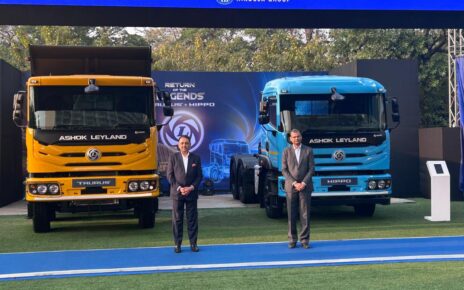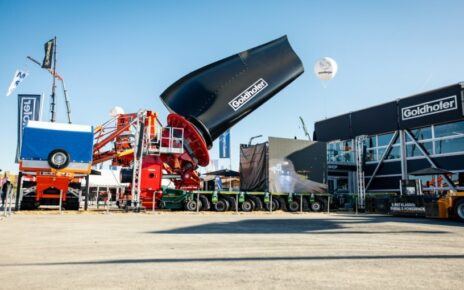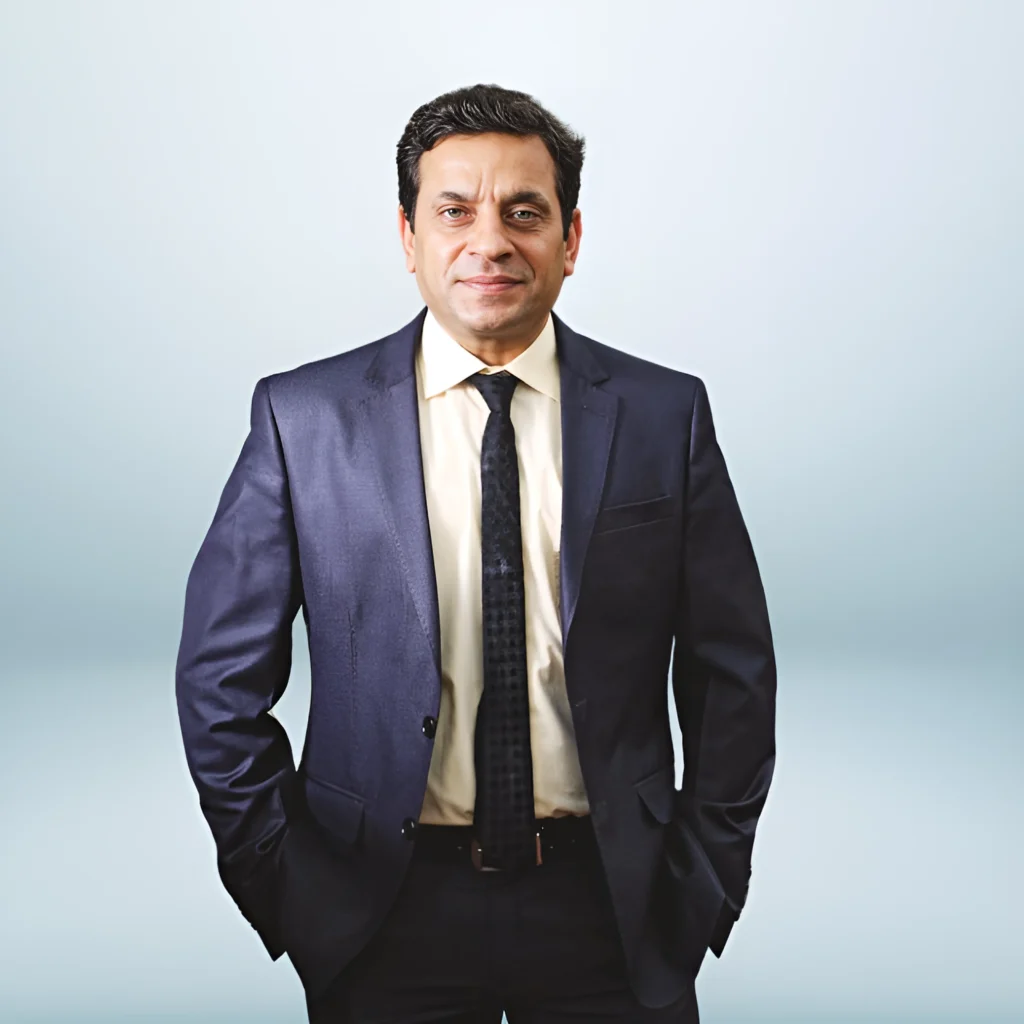
As India positions itself as a global manufacturing hub, its commercial vehicle and trailer industries are undergoing significant transformations. In an exclusive conversation with Rajeev Batra, CEO, Tata International Vehicle Applications (TIVA), Rajesh Rajgor uncovers the business strategies, innovations, and vision that are steering TIVA toward a brighter future. From leveraging cutting-edge manufacturing practices to pioneering sustainable initiatives, TIVA’s journey is a testament to its commitment to excellence and environmental responsibility.
Business Sentiment and Performance in 2024
New beginnings bring opportunities, and TIVA has embraced 2024 with optimism and determination. “Our revenues and profits have been growing exponentially over the last four to five years, and this year will be no different,” says Rajeev Batra, CEO, Tata International Vehicle Applications (TIVA). His team’s relentless focus on customer satisfaction has propelled the company to new heights.
The commercial vehicle (CV) segment is experiencing steady growth, with a 7% CAGR, bolstered by over $90 billion in investments in logistics and infrastructure over the past three years. Notably, the trailer industry is projected to grow at an impressive 10% CAGR over the next five years. Batra notes, “This momentum reflects the healthy state of the industry and offers immense growth opportunities for us.”
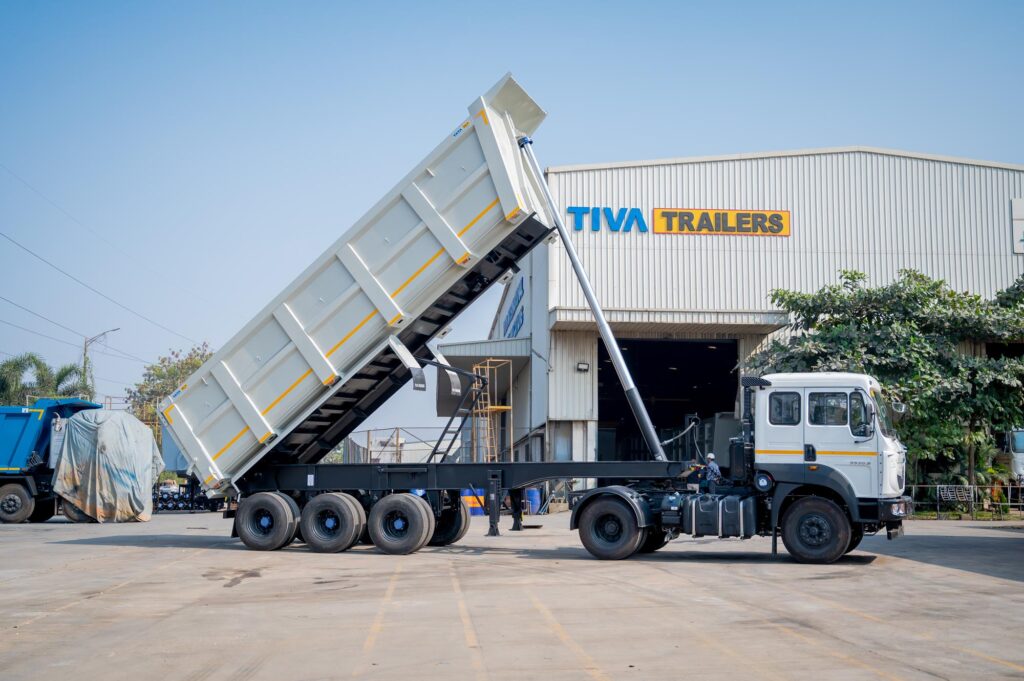
However, challenges such as unorganized sector and trailers manufactured without following standards norms and regulations persist. TIVA’s adaptive and innovative strategies have enabled it to overcome these hurdles while aligning products with evolving standards. “Our ability to innovate while meeting stringent regulations has strengthened our market presence and enhanced customer satisfaction,” he emphasises.
Expanding Horizons Across Market Segments
TIVA’s diverse business model caters to multiple market segments. Collaborating with OEMs like Tata Motors, the company develops road-safe, durable trailers. Its retail line caters to fleet owners, individual road-liner businesses, and truck owners. “While delivering high-quality, performance-oriented products remains a priority, we also strive to uplift drivers, the backbone of logistics,” says Batra. Initiatives such as health camps and safety training underline TIVA’s commitment to driver welfare.
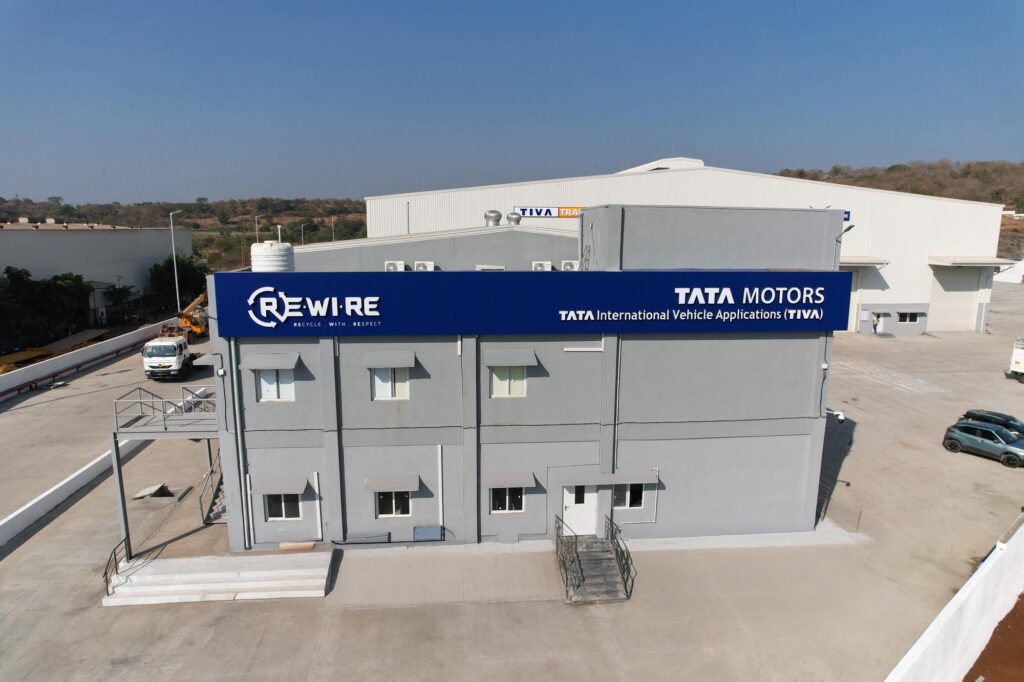
A cornerstone of TIVA’s operations is its work with defense and government organizations. Through partnerships with agencies like VRDE, MRSAM, and L&T Defence, TIVA has developed specialized trailers for critical missions. This expertise extends to international markets, where TIVA serves clients in Tanzania, Ghana, Kenya, and Bangladesh, despite challenges in some regions. He further shares, “Our parent company, Tata International Limited, allows us to explore and expand into promising markets, leveraging India’s manufacturing capabilities.”
Driving Innovation in Product Development
Innovation is at the heart of TIVA’s product development strategy. Its trailers, compliant with ARAI and AIS 113 standards, incorporate high-strength materials to improve efficiency and payload capacity. Recent launches include the 32CBM Triple axles Tip Trailer and the 32FT Triple axles Side Wall Trailer, both boasting a 54T GCVW and ~1-ton extra payload capacity.
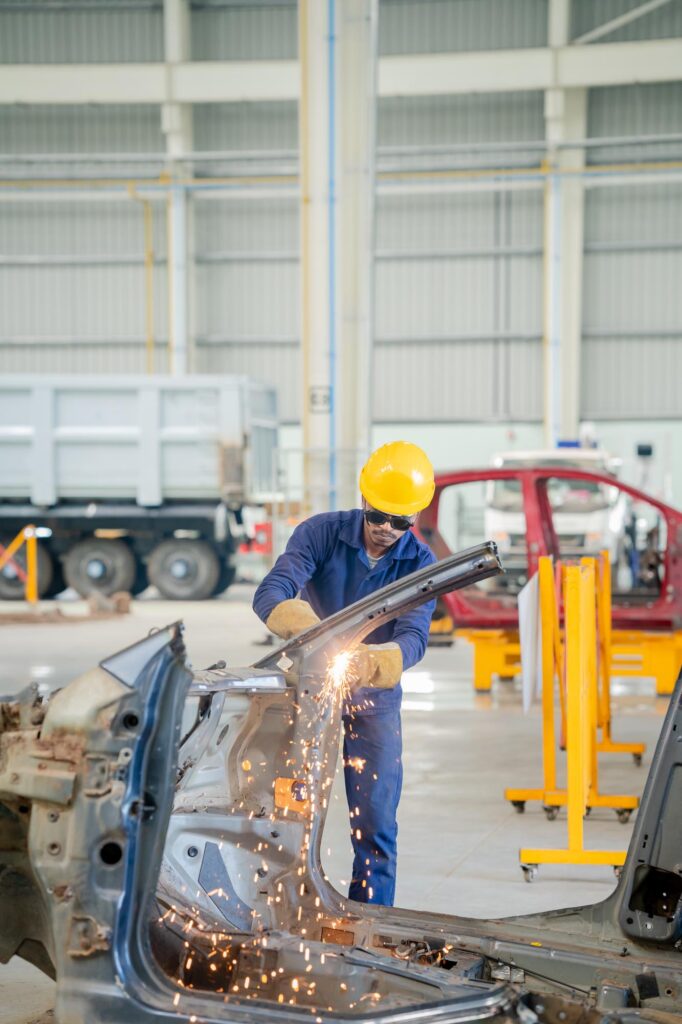
“Our products not only enhance operational efficiency but also simplify maintenance and reduce costs, empowering our customers to navigate an evolving landscape,” Batra says.
TIVA’s specialized trailers for the defense sector meet stringent requirements for reliability and durability, supporting critical missions with confidence. A robust after-sales support system, including a nationwide service network, skilled technicians, and strong warranties, ensures customer satisfaction.
Sustainability at the Core: The Re.Wi.Re Facility
TIVA’s sustainability efforts are exemplified by its Registered Vehicle Scrapping Facility (RVSF), a state-of-the-art center capable of dismantling up to 21,000 vehicles annually. This facility meets the growing need for secure and eco-friendly vehicle recycling, adhering to the government’s vehicle scrappage policy.
“India currently has around 10 million end-of-life vehicles eligible for scrapping, a number expected to surpass 21 million by 2025,” he points out. With projections for the vehicle scrapping industry to become a multi-billion-dollar market in the next decade, TIVA is positioned as an early mover.
The facility focuses on safe disposal of components such as tyres, batteries, and fuel, reducing dependency on imported scrap steel. Batra explains, “By extracting high-quality steel, we align with the Atmanirbhar Bharat initiative and reduce carbon footprints through a self-sufficient recycling ecosystem.” Partnerships with leading steelmakers ensure a seamless supply chain, advancing TIVA’s cost efficiency and sustainability goals.
Operational Excellence and Future Vision
TIVA’s operational strength lies in vertical integration, manufacturing key aggregates like axles and suspensions in-house. This strategy ensures quality control, reliability, and cost-efficiency. With four state-of-the-art manufacturing facilities in Ajmer, Jamshedpur, and Pune, TIVA has increased its production capacity from 700 to 900 trailers monthly, enabling faster deliveries. “As India’s largest trailer manufacturer, we continuously invest in cutting-edge technologies and stringent quality protocols to deliver superior products,” he states.
Looking ahead, TIVA plans to expand its vehicle scrapping operations, promote road safety, and contribute to environmental health. By fostering partnerships, adopting best manufacturing practices, and exploring international markets, TIVA is poised to remain a trusted leader in the commercial vehicle industry.
“Guided by our customer-first philosophy, we aim to drive innovation, strengthen our product lineup, and support sustainable practices, ensuring long-term growth for the industry and the nation,” concludes Batra.


